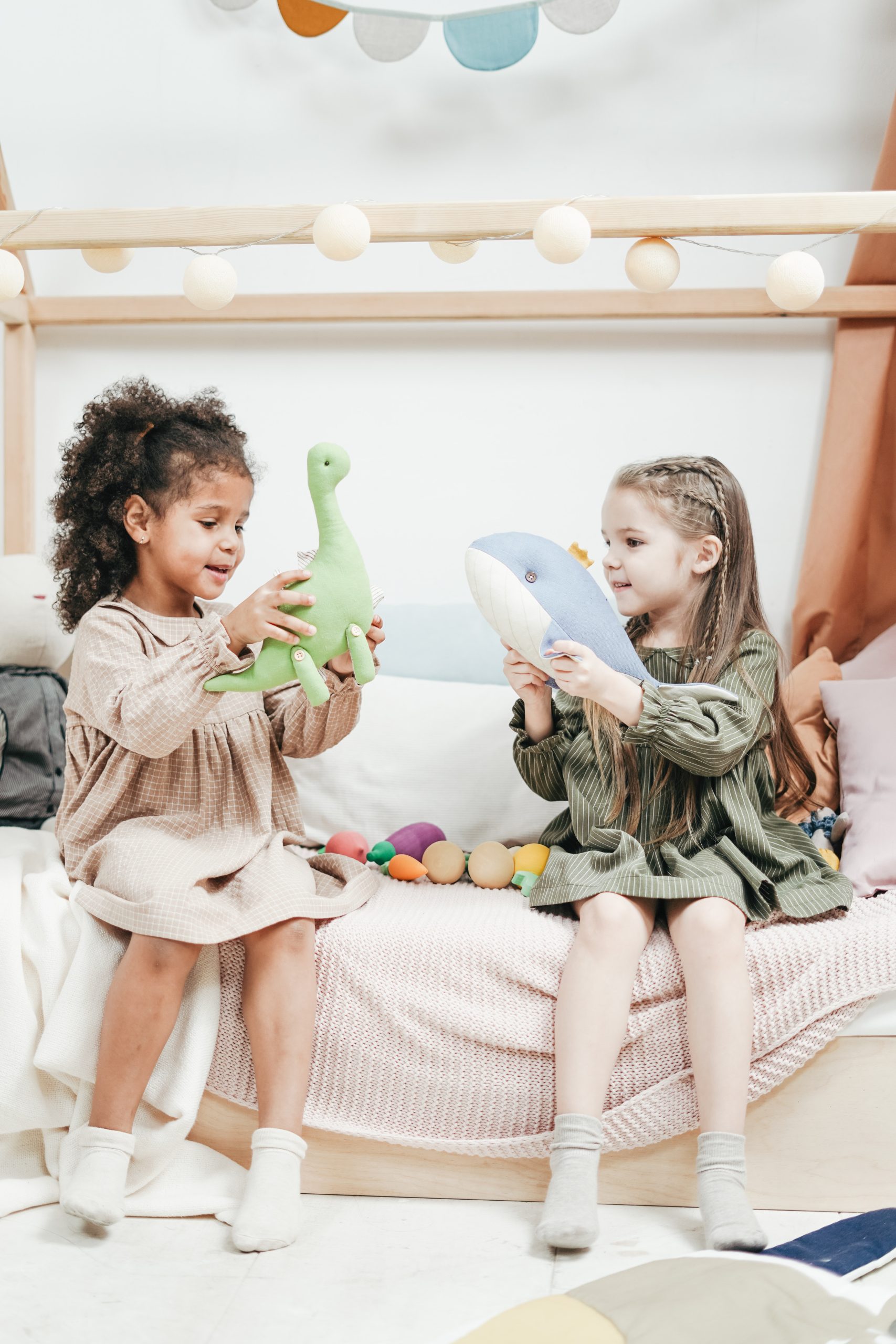LITES infographic
LITES (formerly known as the Literacy Based Language Intervention Program) is the program provided to students who have been assessed and identified as having a language disorder of at least moderate severity. The program is for eligible students in Senior Kindergarten up until the end of Grade 2.
It is important that students develop good oral language skills. Strong oral language skills are the gateway to becoming a successful reader and written communicator.
Program Overview
Students selected for LITES will be placed in one of four stages: 1) Language Foundations, 2) Narrative Foundations, 3) Advanced Narratives or 4) Language for Higher Order Thinking.
Each stage includes multiple sessions, and each session is based on an engaging picture book or beginner novel. A typical session includes a pre-story discussion, an interactive read-aloud, scaffolded story retelling and extension tasks to build specific language skills.
Skills Addressed Within the LITES Program Sessions
1) Background Knowledge:
By engaging students in conversations prior to reading the story, helps to determine whether they may know about an experience. This conversation is important, as it helps students make personal connections with the story. This leads to better story understanding.
2) Vocabulary:
We teach new words or concepts that arise in a story, or a number of stories; words chosen are often words that are important to learning.
3) Concepts and Following Directions:
We practice following directions helps students to follow classroom instructions, and, later, written instructions.
4) Language Structure:
We practice using verb tense, grammar, pronouns, and building better sentences.
5) Verbal Reasoning:
We follow Bloom’s taxonomy of questions to ask. Easiest questions require remembering a fact from the story. Harder questions require students to make connections between themselves and story characters (How do you think he feels? What might happen if…?)
6) Literacy Knowledge:
We focus on better understanding story structure (i.e. the characters, setting, problem, solution) and retelling back a story; this helps students begin to organize and sequence their ideas needed to explain and describe everyday tasks, such as how they built a craft or how to play a game.
7) Phonological Awareness:
We build early literacy skills such as breaking apart and blending sounds together in simple words and identifying beginning and ending sounds in words and the letters that represent those sounds.
8) Social interaction:
By working withing small groups, students have many opportunities to practice listening to a partner, taking turns during conversations and activities, asking questions and making comments.
How to Support Your Child at Home:
- Choose the books listed under each stage of your child’s LITES program or their favourite books to read often.
- Share books regularly and use these book reading experiences as more of a conversation rather than just a listening activity.

